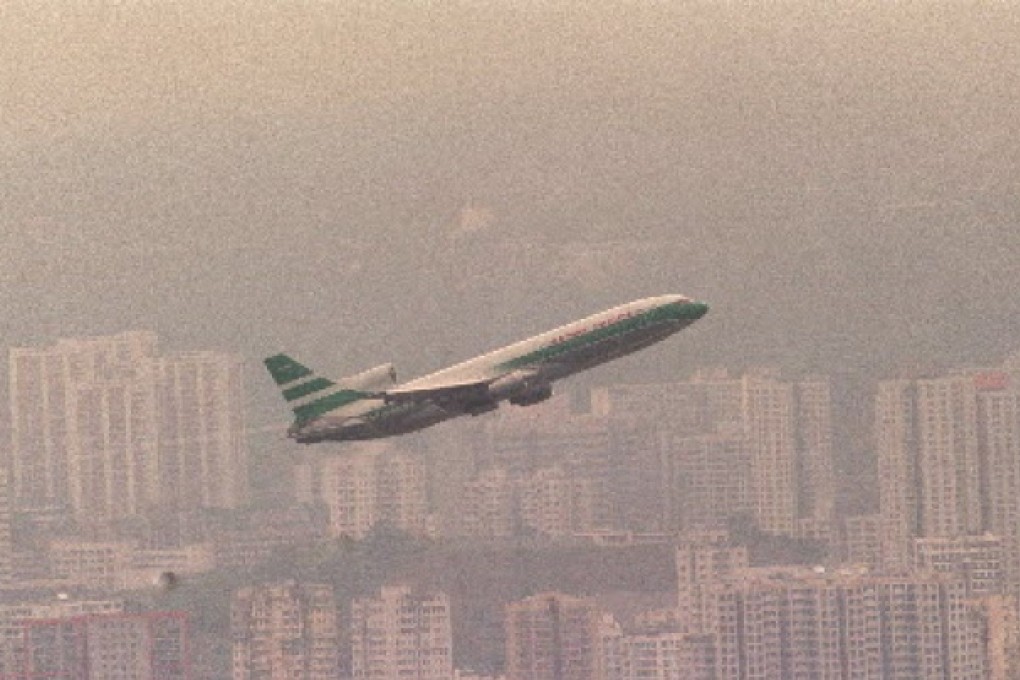Tens of thousands of Hongkongers return from Canada since 1996
Reverse exodus of tens of thousands of Hong Kong-born residents is the 'X-factor' in urban planning

Tens of thousands of Hong Kong-born Canadian residents have returned to the SAR since 1996, according to an analysis by the South China Morning Post that helps establish the extent of an unprecedented phenomenon shaping both societies.

However, this reverse migration is not even acknowledged by Hong Kong because it does not officially recognise dual citizenship. According to a November 2012 Hong Kong government assessment, there were only 16,554 Canadians in Hong Kong.
Prominent Canadian urban planner Andy Yan said that understanding the true scale of the flow was crucial to planning policies in both Hong Kong and Canada, which risked being stymied by the lack of hard data.
"How do we plan our cities? How many housing units, how many services do we need?" said Yan, an adjunct professor of planning at the University of British Columbia (UBC).